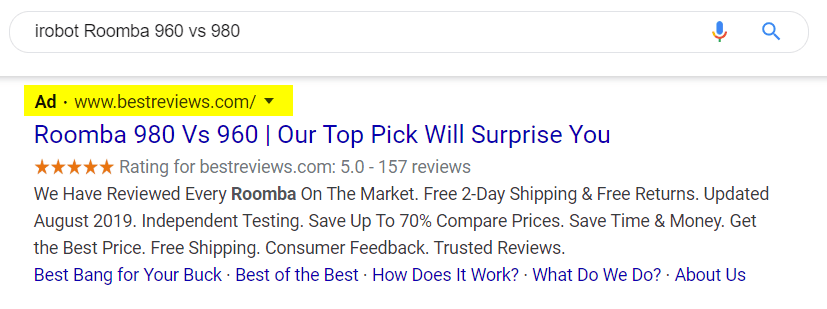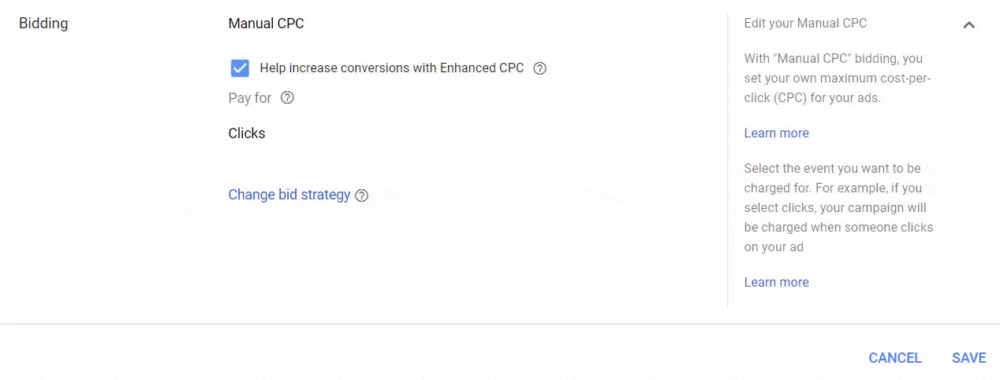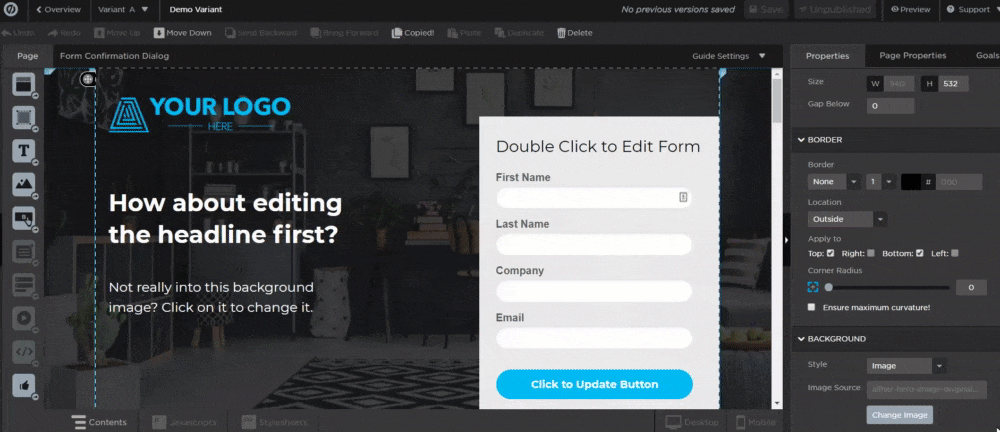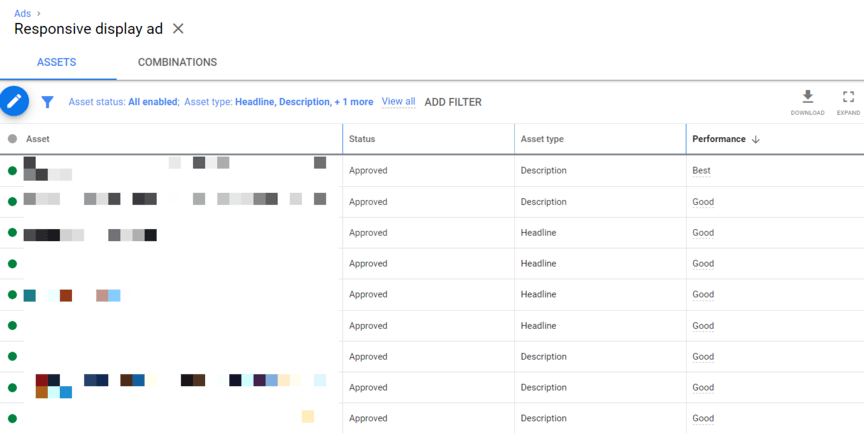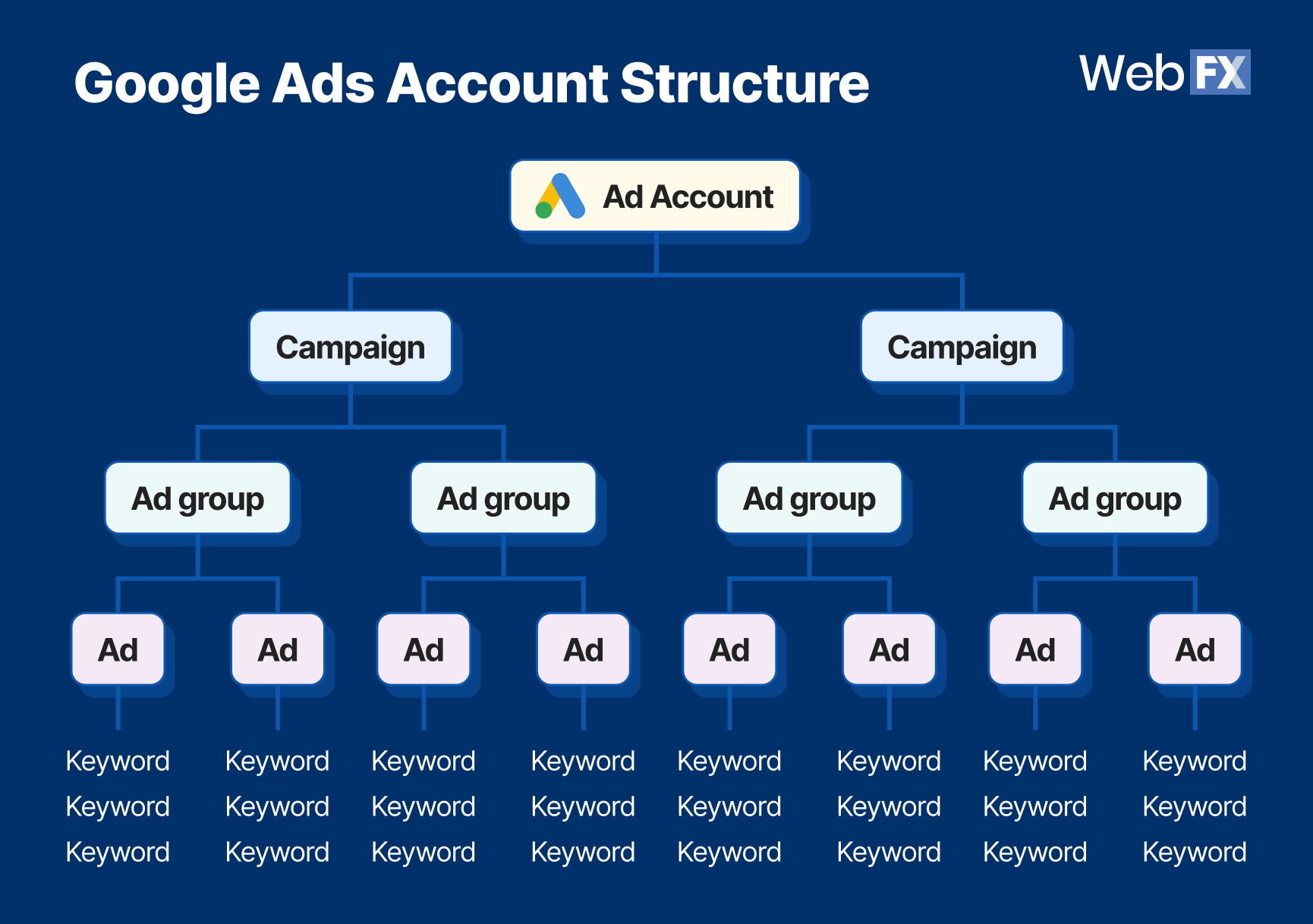FAQ about improving PPC results
How do data privacy regulations impact PPC?
Data privacy is a huge area of focus in today’s world. With the emergence of GDPR, CCPA, and other data regulations, having data to fuel your campaigns is a little bit tougher.
In terms of PPC, the biggest impact is that you can’t track conversions from users that opt out of having their data collected. In turn, this lack of data impacts your ability to know the true performance of your ad campaigns.
It can also impact your campaigns if you use Smart Bidding strategies. Smart Bidding works best when you feed it tons of data, so if you have less data, you may not see as good of results.
So, how do you navigate this?
The best thing to do is be upfront about how you use people’s data. The laws put into place just give users more control over where they share their data. So, you have to get them to want to share their data with you.
Be transparent as to how you use data and let your audience know exactly how you use it.
What does the future of PPC look like and how will it impact performance?
PPC is constantly evolving, and new trends emerge each year. Here are some of the biggest trends and how they’ll impact your PPC results:
- AI-powered ad creation and optimization: As AI becomes a more integral part of marketing, it’ll have strong use cases in PPC. Leveraging AI-powered ad creation and optimization will enable you to uncover more insights about your campaigns and improve your PPC results.
- Using first-party data for precise targeting: With third-party data collection becoming more challenging, first-party data will reign supreme. More businesses will start leveraging their first-party data for better ad targeting, so you earn more conversions and improve PPC results.
- Leveraging more video ads: Advertising is all about reaching people where they are. With attention spans getting shorter, video ads are reigning as the supreme option for grabbing attention. They’ll become an even more important ad format for getting more from your PPC performance.
What is Google Ads Editor and how can I use it?
Google Ads Editor is a free, downloadable application you can use to manage your Google Ads. It allows you to make changes offline and then upload them to your Google Ads account to go live.
If you’re looking to work more efficiently, Google Ads Editor can help you save time by making your changes in bulk.
You can use this editor to:
- Make changes and updates for multiple campaigns at the same time
- Try out changes and review them before launching live
- Move items between ad groups and campaigns
- View statistics for all campaigns at once
- And much more!
How can I use AI to improve my PPC results?
AI can help you do a lot with your marketing, including improving your PPC results. There are dozens of PPC-specific AI tools on the market that you can invest in, or you can use free ones like ChatGPT or Perplexity to help you get the job done.
You can use AI to help you:
- Identify keywords to target in your ads
- Generate ad copy ideas
- Identify negative keywords to add to your list
- Manage bid amounts
- Gain a deeper understanding into audience engagement
- And more!


